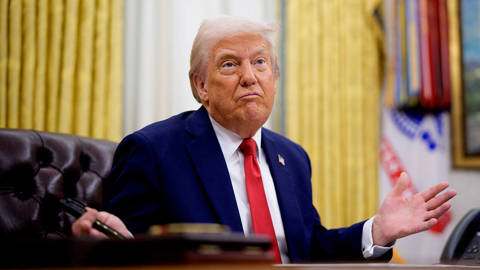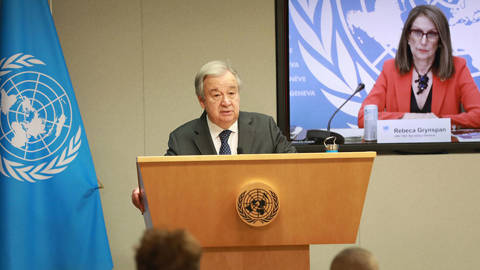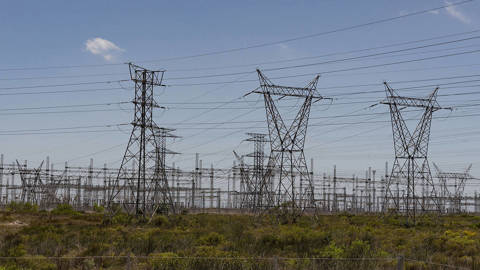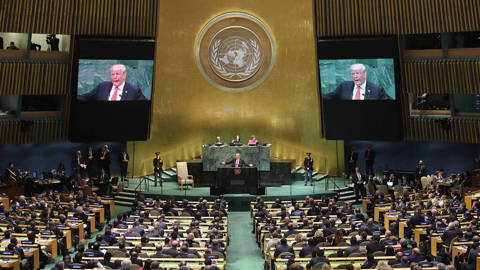Xizhou Zhou
Xizhou Zhou is a vice president and managing director of IHS Markit and heads the firm’s global power and renewables practice.
-
China’s Inevitable Low-Carbon Future
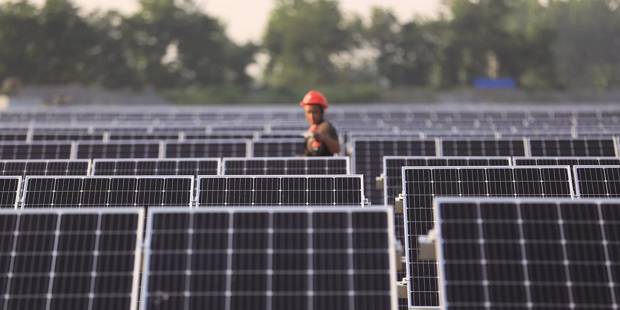
China’s Inevitable Low-Carbon Future
Sep 25, 2020 Xizhou Zhou argues that the country's pursuit of its economic and security goals will naturally lead to lower emissions.
-
China is Committed to Multilateralism
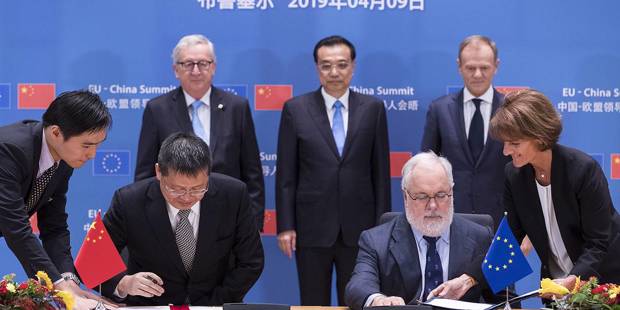
China is Committed to Multilateralism
Sep 4, 2019 Xizhou Zhou refutes the widespread belief that the country intends to abandon, let alone upend, the existing global order.

